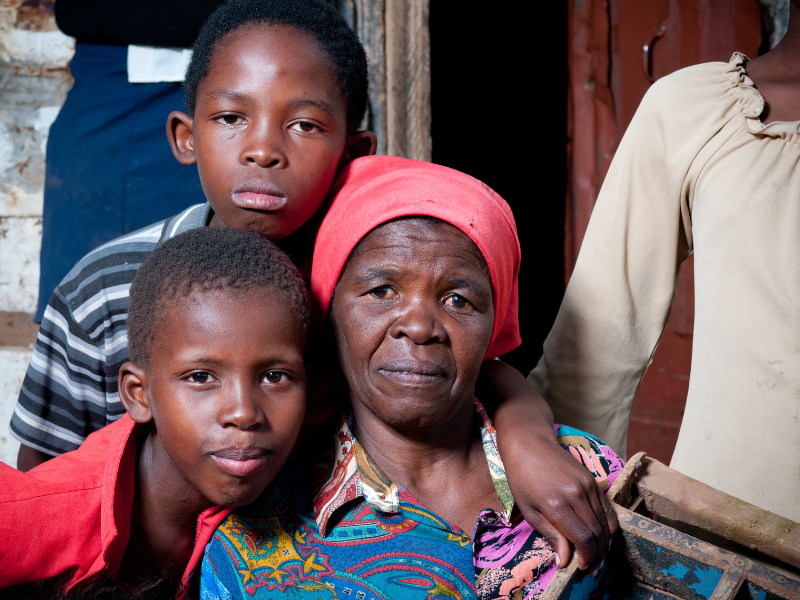Advertisements
Bolsa Família, a vital social assistance program in Brazil, plays a vital role in the lives of many families. As 2024 approaches, program beneficiaries are looking for strategies to increase the amount they receive each month. Understanding the program’s criteria and how the benefit amount is determined is crucial for those who want to maximize the financial support they receive. Staying informed and compliant with the program’s rules is the first step to ensuring that you are taking full advantage of Bolsa Família’s potential.
It is vital for beneficiaries to keep their Cadastro Único (CadÚnico) up to date with accurate information about the family's composition and income. Events such as births, marriages or changes in family income can influence the amount of the benefit. In addition, it is important to ensure that the children and adolescents in the family are meeting the health and education conditions established by the program, as this can also impact the amount received.
See More: Extra money at Itaú for retirees
Advertisements
Tips for maximizing your Bolsa Família benefit
Keep the CadÚnico Up-to-date information is essential. Any change in the family composition or income must be reported promptly. In addition, it is crucial to respond to calls for registration updates, which generally occur every two years or when there are significant changes in the family's situation. Ensuring that children and adolescents comply with the program's conditions, such as minimum school attendance and regular health monitoring, is equally important. Failure to comply with these conditions may lead to a reduction or cancellation of the benefit.
Understanding the program's conditions
Understanding the conditions of Bolsa Família is essential to ensure not only the continuity of the benefit, but also to maximize the amount received. Conditionalities are requirements in the areas of health and education that families must meet. In the area of health, for example, it is necessary to keep children's vaccination schedules up to date and monitor child growth and development.
Advertisements
In education, minimum school attendance is one of the main requirements. Therefore, meeting these conditions demonstrates the family's commitment to the development and well-being of its members, in addition to being a criterion for receiving the full amount of the benefit.
























